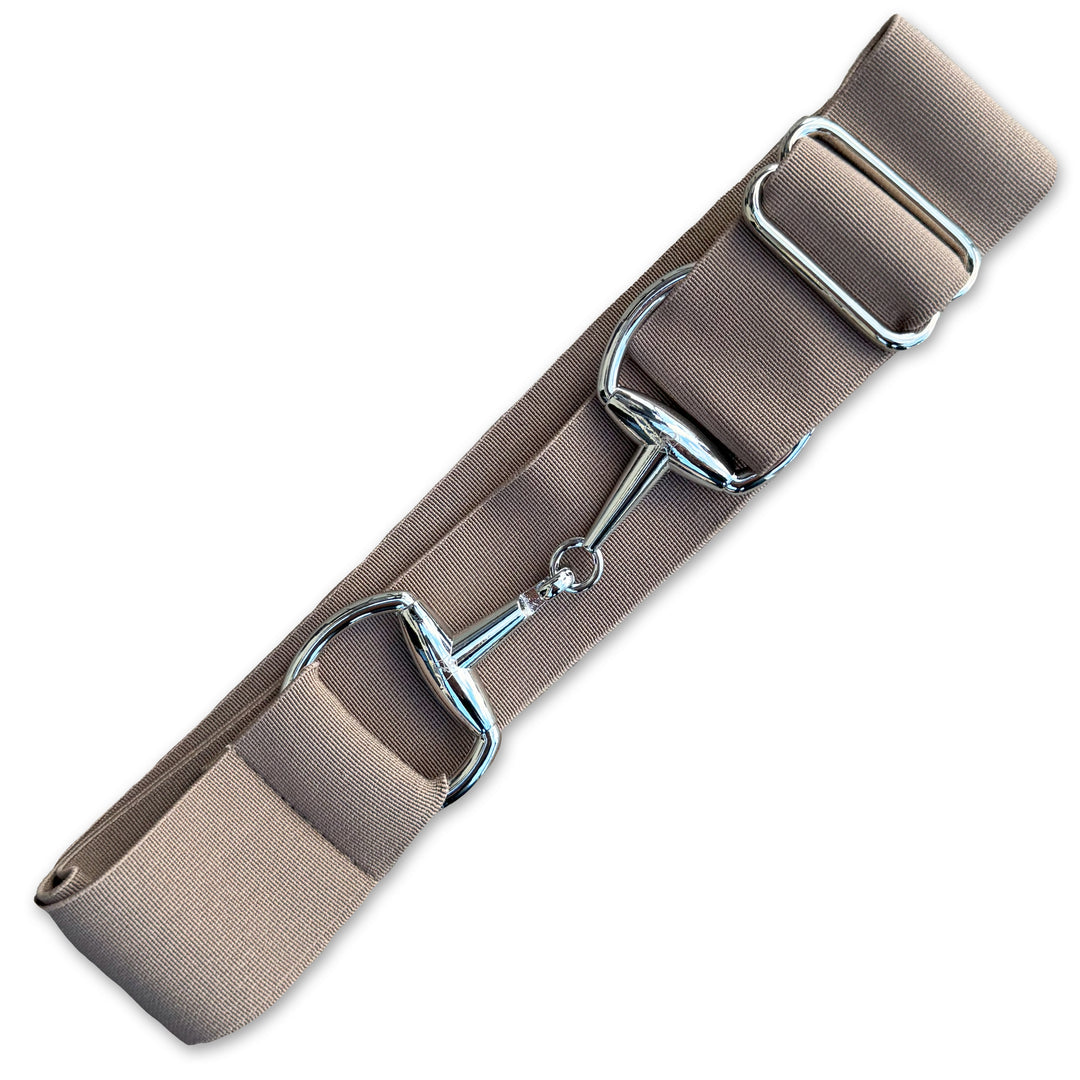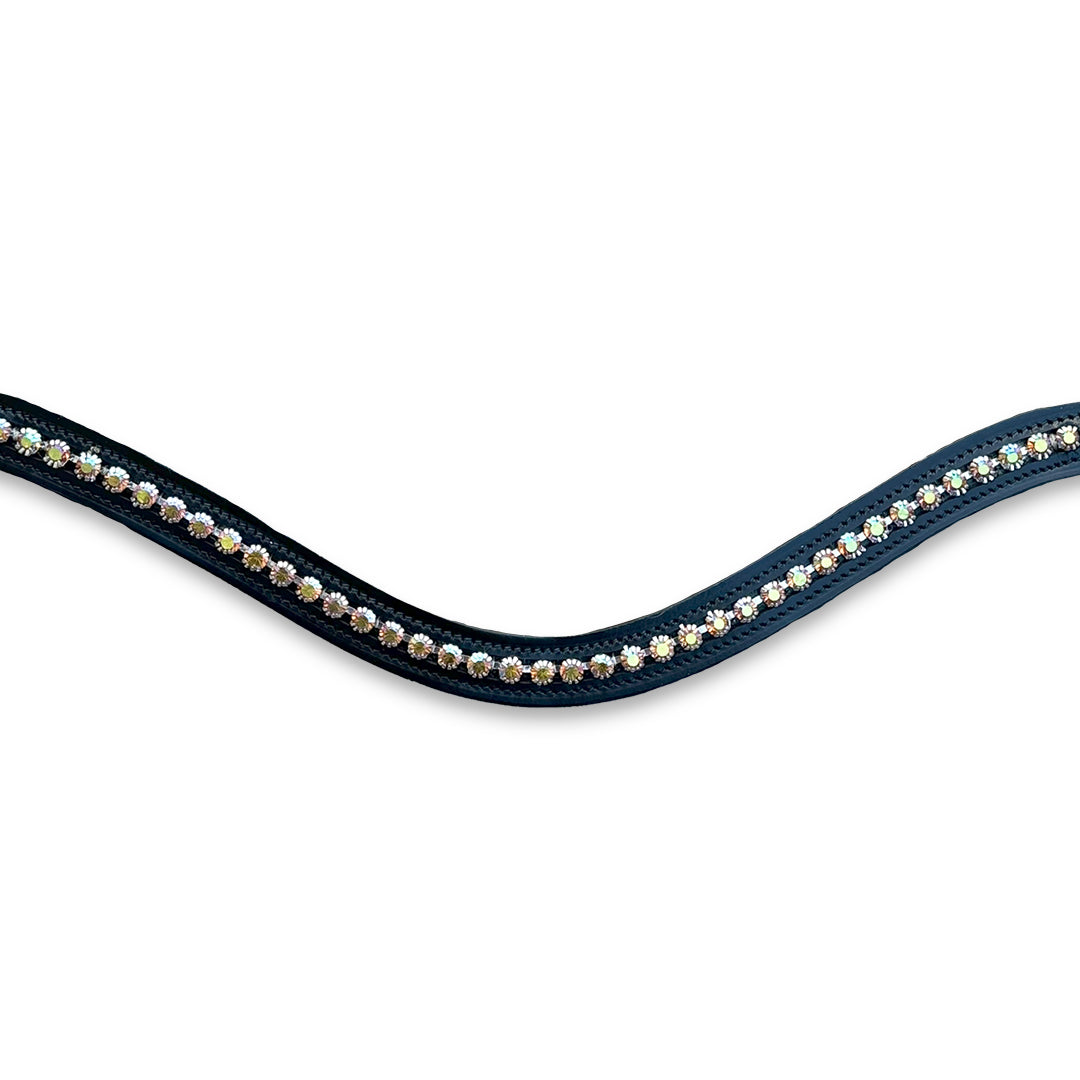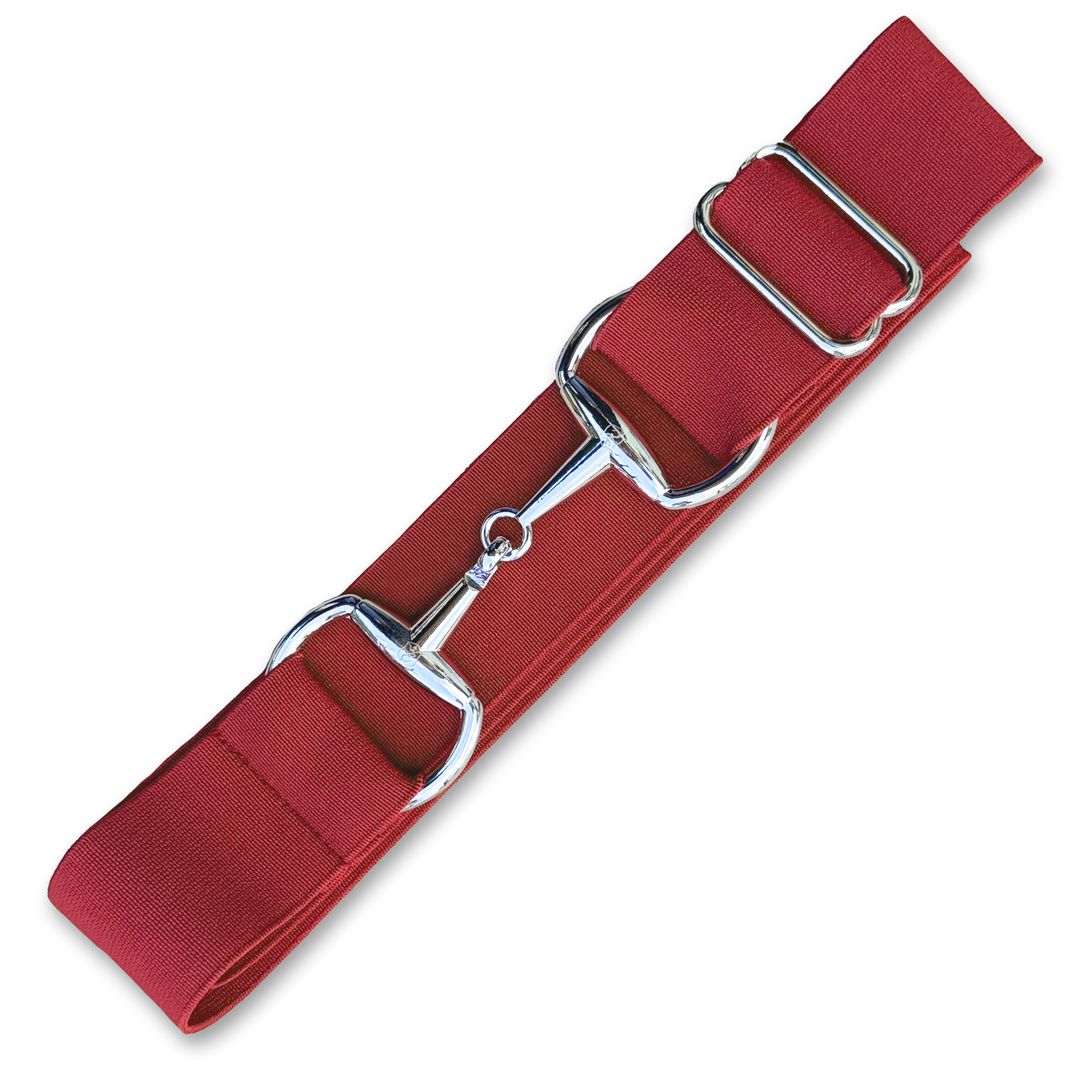SPRING HORSE HEALTH CHECKLIST
How To Prepare Your Horse For Spring

Spring is definitely here with the warmer breeze and more sunshine over the meadows! Spring is known as the busy season in the equestrian community as fitness regiments for horse and rider are initiated to prep for the show season and summer riding fun. It is easy to get overwhelmed with care programs, lessons, and planning for competition schedules. Checklists help the overwhelm when preparing for horse fun and allow you to reach your highest potential. Read on to prepare for spring with our spring horse preparation checklist!
1. Horse Coat Condition and Shedding
We, equestrians, know the spring is here when our horses start shedding their hair. Whether you prefer clipping the long hair in winter or not, each horse needs a detailed skin condition check in spring.
Certain skin problems can live under blankets or long winter coats. If your horse has started shedding, make sure to groom often to help remove hair (this is one of our new favorite shedding tools!) As the dead hair comes off, check the skin carefully to see if there is any soreness, rash, wound, ringworm, rain rot, infestation of spring ticks (if prevalent in your area) or any other horse skin issue. Get help if you notice any of these problems.
Try to wash your horse once or twice a week to keep the skin clean and breathing.

2. Horse Body Condition Score and Veterinarian Appointment
Once you take off the blankets and your horse starts shedding the extra hair, you might notice some weight loss. Therefore, a body condition check will help you establish a new feeding program for the upcoming show season. You should assess your horse’s Horse Body Condition Score.
Body Condition Score is a number between 1-9 which indicates the horse’s weight and body fat level. According to Dr. Bob Coleman of the University of Kentucky, a healthy horse should have a BCS of 5 or close to 5.
Don’t forget to schedule an appointment with your veterinarian. You can ask your veterinarian to check the current BCS of your horse before making spring & summer care plans. Also, consider the horse’s age, recent performance, any recent injury, and mental state. Consult your veterinarian about your future training and competition plans.

3. Horse Dental Check
Spring is also an optimum time for a horse dental check. Call your equine dentist and get an appointment. An unnoticed dental sore or extremely sharp teeth can cause injuries within the oral cavity, weight loss, uneasiness, ulcer, and losing the tooth in long term.
Ideally, horses need dental checks twice a year. You can schedule one in spring and one in fall.
4. Hoof Check and Shoeing
After a snowy and muddy winter, check your horse’s hooves for any issue that may be lurking under shoes. Plan a farrier appointment and get hooves checked. Excess water and soft feet may result in bruising and abscesses which really slow spring and summer plans, getting ahead with a farrier appointment will set your spring plans on course.
Horses need to get their hooves trimmed every 6-8 weeks. Regular trimming helps with performance and comfort.

5. Horse Vaccinations
Proper vaccinations are the best way to keep your horse happy and healthy throughout the year. Certain equine viruses can appear and spread quickly in humid seasons like spring.
These can also be a major problem if you are planning to compete and take your horse to other barns. Reach out to your veterinarian and get their opinion on which vaccinations your horse will need.
Vaccination needs can change according to your horses age, riding and training intensity, exposure to other horses, and where you live. Tetanus, encephalomyelitis, influenza, West Nile virus, and rotavirus can be some of the vaccinations that your veterinarian will likely recommend.
6. Horse Deworming Fight Parasite Infestation
Regular deworming, or at least worm testing is essential for your horse care routine. Particularly, stabled horses that live among others need to be dewormed every 2-3 months depending on their overall condition, turnout duration, etc.
If not dewormed regularly, gastrointestinal parasites can cause severe digestive system problems such as colic. You can get help from your barn manager and veterinarian to check your horse’s condition and tailor a deworming schedule to meet their needs.
7. Training and Competing
After all the necessary health and condition checks, you can finally create a training plan and decide if you want to attend any competitions or outings this year. Setting goals for the season can help you see your future clearly and progress faster.
Keep in mind to start with smaller goals and move onto bigger ones as you and your horse improve together. Contact your trainer and seek help in setting goals and creating training plans. Learn and practice as much as possible!

Horse Equipment Check
Finally, go over all of your equipment to ensure it is clean and in good condition for the safety and comfort of your and your horse.
Clean saddle pads and horse boots or replace to ensure that your horse is a comfortable as possible as you bring them back to work. Chaffing and saddle sores are more prevalent with dirty or worn saddle pads and skin may be tender as horses sweat more when brought into harder work.

SHOP FOR NEW EQUIPMENT HERE!
SHARE YOUR HEALTH CHECK REMINDERS AND OPINIONS IN THE COMMENTS BELOW











Leave a comment